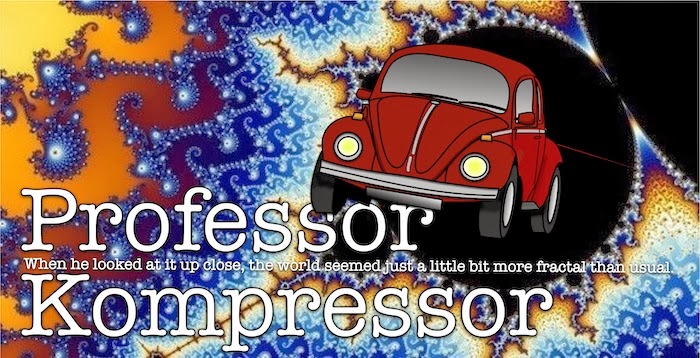This last week I read a newspaper article saying that 20% of all
e-books sold in the UK in 2012 were by indie authors. For those of you that don’t
know, this means authors that are not signed by publishers so put out their
books under their own steam. The article went on to provide a couple of colourful
quotes from the industry, basically lamenting the changing publishing
landscape. The suggestion seemed to be that indies are both corrupt and
illiterate (great combination!), and that the traditional gatekeepers are
needed to protect unsuspecting readers from the horrors of self-published
dross.
I have to confess
from the outset that I am a bit partial here (having published two small books
myself, an interesting and gratifying experience), but I still thought it would
be interesting to consider the arguments.
Let’s start with
the corruption case. The argument seemed to be that indies resort to pretty
much anything to flog their flawed goods, including paying for friendship on
social media. This is not something I would fancy doing myself, but how
unreasonable is it? You won’t sell anything unless people hear of the product,
and if you are unlikely to be invited to talk about your writings on breakfast
TV then what are you supposed to do? Exposure is everything. Besides, is it not
the case that traditional publishers spend a fair bit of money advertising
their products?
Move on to the
gatekeeping issue, which I find much more entertaining; It may well be true
that, some years ago, the major publishing houses provided real quality. In
some cases their main focus may even have been literature, rather than profit.
Is this still the case? I’m afraid I doubt this very much. Current publishing
seems obsessed with getting on whatever the most recent bandwagon may be. In the
last couple of years we have gone from magic and wizardry (thanks Harry!) to
vampires and most recently 50 shades of everything apart from the apostles. Is
this idea of “more of the same, please, that’s what people want” really
compatible with the notion of gatekeeping?
Whatever you think
about that question... The nail in the coffin of quality control must surely be
the endless list of books supposedly written by celebrities. You can almost see
the scene in the publisher’s office. “Ah, but you’re famous... Why don’t you
write a book? We’ll get you a ghostwriter, you don’t have to do anything.”
I rest my case.
Now let’s consider
the growing indie scene, where authors remain responsible for the entire
process, from idea to typing to editing, spell checking, cover design and
publicity. Daunting list, and you can’t be surprised if there are very few
individuals that can excel in all the required skills. It makes sense that
self-published books are of variable quality. With the hurdle to publishing
being so incredibly low at the moment (mainly because Amazon wanted to market
their Kindle and were intent on world domination, as well) that anyone can put
out pretty much anything there will inevitably be huge amounts of very poor
quality stuff out there. Do readers need publishers to protect them from this
undergrowth of the e-book universe? I think not. People aren’t stupid (no
comments, please!). In most cases you only need to read the book blurb to
decide if the product is even remotely worth considering.
We are moving into
an era where the readers are the gatekeepers. That’s just as it should be. Most
people will remain faithful to the bestseller list, and struggle through the
stilted grammar of the latest Dan Brown or the like. Others will shop around.
Just like in the world of music, they may find exciting things on the indie
scene. In this new era budding authors have an opportunity to go it alone and
take full control of their work. In exceptional cases they may become
successful this way, but this will only happen if they take the job seriously
and work very hard.
One thing I think
is absolutely certain. We have come far from the days of “vanity publishing”.
There are indie books out there that are just as good as anything from the big
publishers. This is really exciting and it makes it much more fun to look for
the next great read.

No comments:
Post a Comment